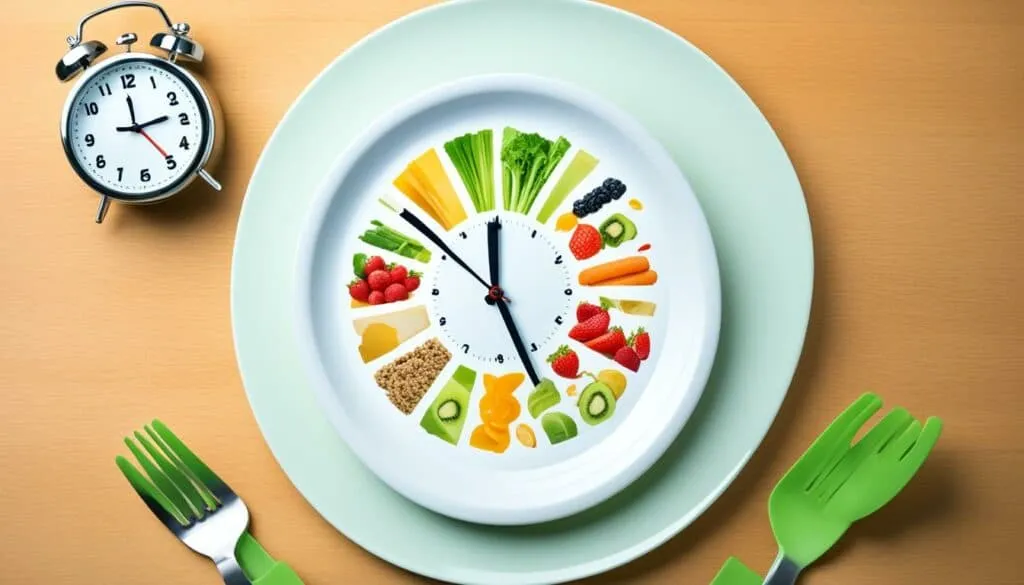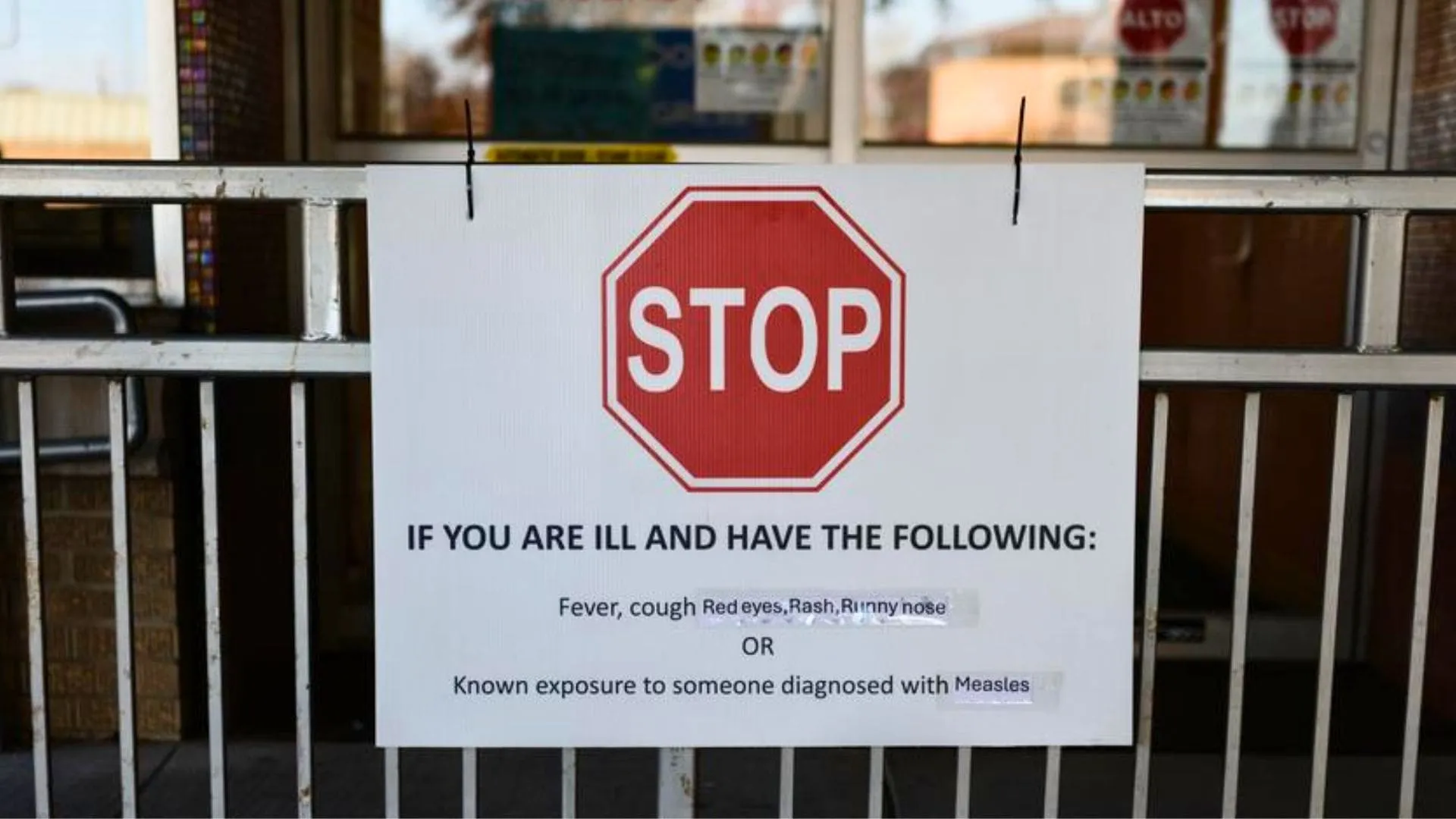Eating too quickly is a common habit for many people, especially in today’s fast-paced world, where time constraints and busy schedules often take priority over mindful eating. Whether it’s rushing through breakfast before heading to work, eating lunch during a tight meeting schedule, or finishing dinner quickly in front of the television, many of us are guilty of consuming meals in less than 20 minutes. However, research shows that eating too quickly can have negative implications for our health, and it’s not just about the food itself but also the speed at which we consume it. Understanding the consequences of eating too fast and learning how to slow down can have significant long-term benefits for your overall health and well-being.
How Fast Is Too Fast?
According to health experts, if you’re able to finish your breakfast, lunch, or dinner in under 20 to 30 minutes, you’re likely eating too quickly. When we eat rapidly, we miss important signals from the body that indicate fullness. It typically takes about 20 minutes for the stomach to send signals to the brain that it has had enough food. Eating too quickly bypasses this process, which can lead to overeating.
Leslie Heinberg, PhD, a psychologist at the Cleveland Clinic, explains, “It takes about 20 minutes for the stomach to communicate to the brain via a whole host of hormonal signals that it’s full.” If you consume a meal in less than that time frame, you may be unaware of the sensation of fullness, which can result in consuming more food than your body actually needs.
The Dangers of Eating Too Quickly
-
Overeating and Weight Gain
One of the most significant risks associated with eating too quickly is overeating. When you eat fast, your brain doesn’t have enough time to receive signals from the stomach that you’re full. This can lead to consuming larger portions before your brain catches up with your stomach’s needs, which over time can contribute to weight gain and obesity.
Research has shown that people who eat quickly tend to consume more calories than those who eat slowly. A study published in the Journal of Clinical Endocrinology & Metabolism found that slower eating was associated with a reduction in calorie intake and better control of body weight. This is because the body has time to regulate hunger hormones like ghrelin (which signals hunger) and leptin (which signals fullness) during slower eating patterns.
-
Digestive Issues
Eating quickly can also contribute to digestive issues. When food is not chewed properly or eaten too rapidly, it can lead to indigestion, bloating, and gas. The stomach has to work harder to break down the food, which can result in discomfort. Moreover, rapid eating can cause people to swallow air, which can also contribute to bloating and excessive gas.
Furthermore, rushing through meals can lead to poor food choices. When you’re in a hurry, you’re more likely to opt for processed or fast food that doesn’t require much time or preparation. These foods are often high in unhealthy fats, salt, and sugar, all of which contribute to long-term health problems like heart disease, diabetes, and hypertension.
-
Increased Risk of Heart Disease
Studies suggest that eating too quickly may even be linked to an increased risk of heart disease. According to a study published in the Journal of Atherosclerosis and Thrombosis, eating rapidly was associated with higher levels of insulin and blood glucose. Elevated insulin levels can lead to insulin resistance, which increases the risk of developing type 2 diabetes and cardiovascular disease.
Moreover, quick eating can elevate stress levels, which has its own detrimental effects on heart health. When you eat quickly, you tend to skip the calming, mindful process of chewing and savoring food, which can promote relaxation. Instead, rapid eating can trigger a stress response, causing your body to release stress hormones that can negatively impact the heart.
-
Increased Risk of Metabolic Disorders
Aside from the obvious risks of overeating and gaining weight, eating quickly can also alter your metabolism in detrimental ways. According to experts, people who eat rapidly may be more likely to develop metabolic disorders like type 2 diabetes. Eating too fast can lead to an insulin surge, followed by a crash, which can disrupt the body’s ability to metabolize food properly.
When you eat quickly, your body may not have enough time to signal the pancreas to release insulin effectively, leading to spikes in blood sugar levels. Over time, this can cause the body to become less responsive to insulin, a condition known as insulin resistance. Insulin resistance is a precursor to type 2 diabetes, a chronic condition that affects millions of people worldwide.
-
Impaired Nutrient Absorption
Taking the time to chew food thoroughly is essential for proper digestion and nutrient absorption. Eating too quickly can impair the body’s ability to absorb vital nutrients from food. When food isn’t broken down sufficiently in the mouth, the stomach and intestines have to work harder to process it. This can lead to malabsorption, where your body fails to absorb key vitamins and minerals from the food you eat. Over time, this can contribute to nutrient deficiencies and impact overall health.
How to Slow Down Your Eating
While the dangers of eating too quickly are clear, the good news is that slowing down is an achievable goal that can offer significant health benefits. Here are some tips to help you develop more mindful eating habits:
-
Chew Your Food Thoroughly
One of the simplest ways to slow down your eating is to chew your food more thoroughly. Aim to chew each bite 20 to 30 times before swallowing. This gives your stomach time to signal to your brain that you’re full and helps with digestion. Chewing your food properly also improves nutrient absorption and makes it easier for your body to break down the food in your stomach.
-
Put Your Utensils Down Between Bites
A helpful tip for slowing down is to put your utensils down between bites. This forces you to take a brief pause before picking up the fork or spoon again. It gives your body a chance to process the food and lets you assess whether you’re still hungry. Pausing also encourages mindful eating, which makes you more aware of the flavors and textures of your food.
-
Engage in Conversation During Meals
Another way to slow down while eating is to engage in conversation with others at the table. Having a relaxed conversation while you eat naturally slows the pace of your eating. This gives your body time to process the food and send fullness signals to your brain.
-
Focus on the Experience of Eating
To be more mindful of your eating, focus on the experience of eating. Rather than multitasking or watching TV, try to create an atmosphere that allows you to enjoy your meal fully. Pay attention to the aroma, colors, and textures of the food. Eating slowly and mindfully can help you savor the flavors and feel more satisfied after your meal.
-
Use Smaller Portions
If you’re accustomed to eating quickly, it can be helpful to start with smaller portions. This reduces the pressure to finish everything on your plate quickly. Eating smaller portions encourages you to take your time and listen to your body’s hunger signals.
-
Practice Portion Control
Portion control is an effective way to prevent overeating. When you serve smaller portions, you’re less likely to feel the urge to rush through your meal. By paying attention to portion sizes, you can help regulate your food intake and prevent consuming excess calories.
-
Avoid Distractions
Eating while distracted, such as checking your phone or watching TV, can lead to overeating and faster eating. To slow down, try eating in a distraction-free environment. Focus on the act of eating and enjoy the process without the interruption of screens or other activities.
Eating too quickly may seem harmless, but it can have serious health consequences in the long run. From overeating and digestive issues to increased risk of metabolic disorders and heart disease, the speed at which we consume food plays a significant role in our overall health. By making an effort to slow down, chew your food properly, and engage in mindful eating, you can improve digestion, control your calorie intake, and support better metabolic function.
In today’s fast-paced world, slowing down may be a challenge, but the benefits of mindful eating far outweigh the drawbacks. So, take a deep breath, savor each bite, and enjoy the experience of eating — your body will thank you for it.









